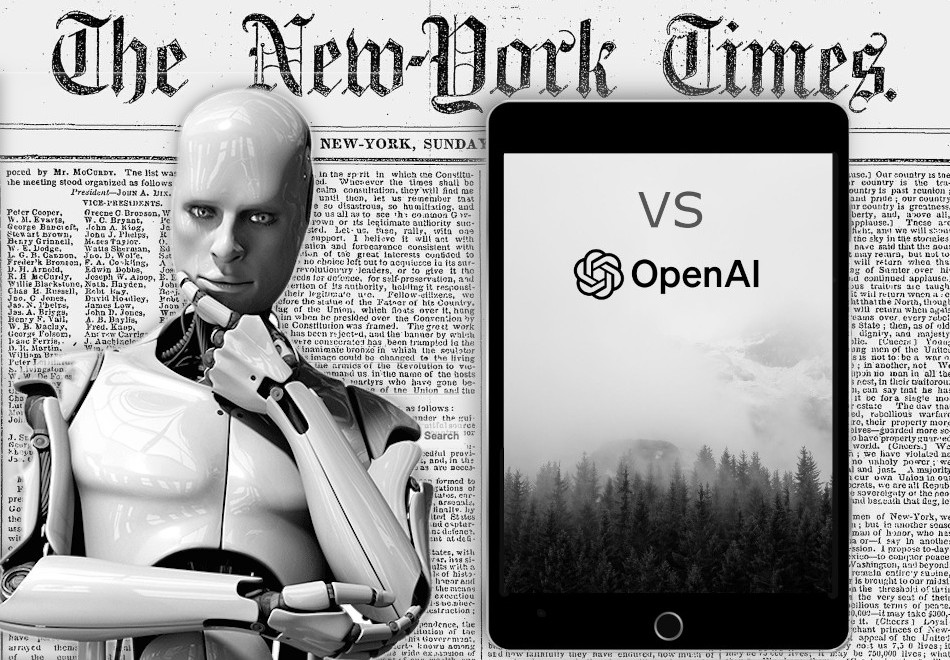
OpenAI Fires Back at The New York Times Accusing the Company of Hacking its Systems
Unraveling the Complexities of Copyright Infringement Allegations and AI's Role in Content Creation
NEWS News February 28, 2024 Reading time: 2 Minute(s)
A legal battle of significant proportions has unfolded between two tech giants, OpenAI and Microsoft, and the esteemed news organization, The New York Times. At the heart of the dispute lies allegations of copyright infringement and the intricate involvement of artificial intelligence (AI) in content creation.
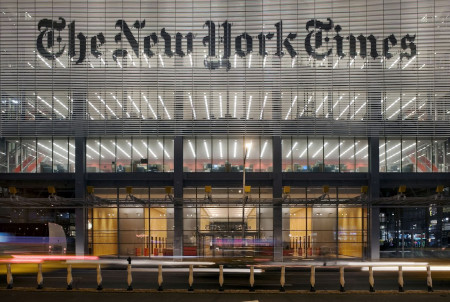 The saga commenced in December 2023 when The New York Times initiated legal proceedings against OpenAI and Microsoft, asserting that their AI models, particularly ChatGPT-4, were unlawfully utilizing Times' copyrighted works to train their chatbots. However, as the case progressed, fresh revelations emerged, adding layers of complexity to the already convoluted narrative.
The saga commenced in December 2023 when The New York Times initiated legal proceedings against OpenAI and Microsoft, asserting that their AI models, particularly ChatGPT-4, were unlawfully utilizing Times' copyrighted works to train their chatbots. However, as the case progressed, fresh revelations emerged, adding layers of complexity to the already convoluted narrative.
Central to The Times' argument were claims that OpenAI's ChatGPT-4 models were leveraging the newspaper's articles without authorization. The publication substantiated its case by presenting a compelling array of 100 examples in court filings. Yet, OpenAI vehemently countered these allegations, alleging that The Times had resorted to illicit means to procure evidence.
In a startling twist, OpenAI accused The New York Times of orchestrating a clandestine operation to breach their products, exploiting vulnerabilities to fabricate incriminating evidence. According to OpenAI's filing, The Times purportedly engaged individuals to infiltrate OpenAI's systems, employing deceptive prompts and manipulative techniques to extract desired responses from the AI models.
Moreover, OpenAI contended that their commitment to fostering journalistic endeavors was being misconstrued, emphasizing that no entity should wield monopolistic control over factual information or linguistic constructs. Interestingly, OpenAI pointed out The Times' previous endorsement of GPT-3 technology without allegations of copyright infringement, underscoring the evolving dynamics of the dispute.
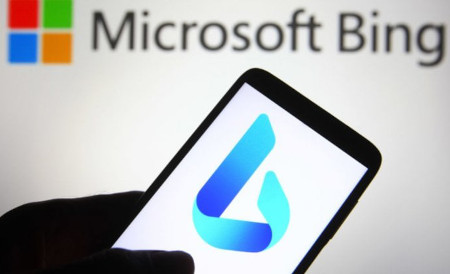
However, OpenAI refuted these claims, asserting that the articles generated by ChatGPT were in response to specific queries from The Times, providing non-verbatim summaries and directing users to the original content. The intricacies of AI-generated content and its implications on copyright law were thus brought into sharp focus.
As the legal saga unfolds, the complexities surrounding AI, copyright infringement, and journalistic integrity continue to captivate observers. While the involved parties remain reticent on matters beyond court filings, the repercussions of this legal tussle are poised to reverberate across the realms of technology, media, and law.
IMAGES CREDITS: OPENAI / THE NEW YORK TIMES / MICROSOFT
Copyright Infringement AI Ethics Legal Disputes Technology Law Journalism OpenAI The New York Times Microsoft Tech News RSMax
*Our pages may contain affiliate links. If you buy something via one of our affiliate links, Review Space may earn a commission. Thanks for your support!
CATEGORIES




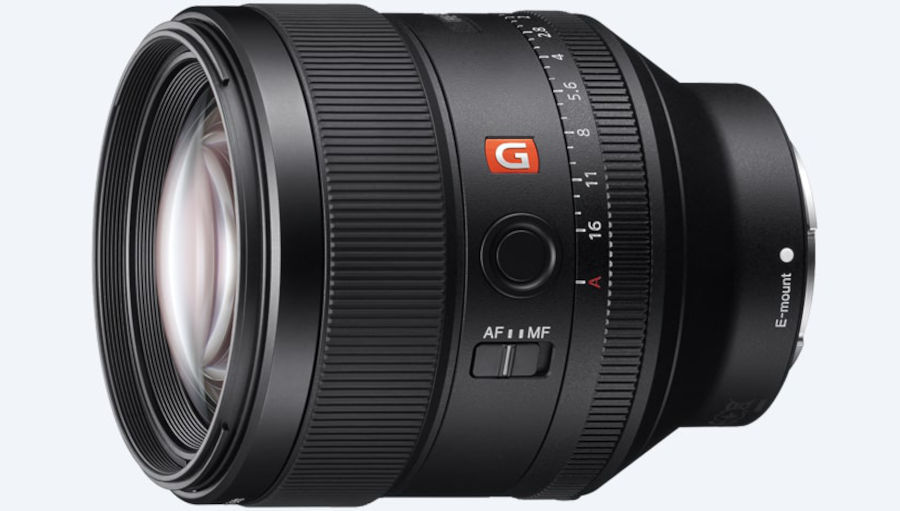
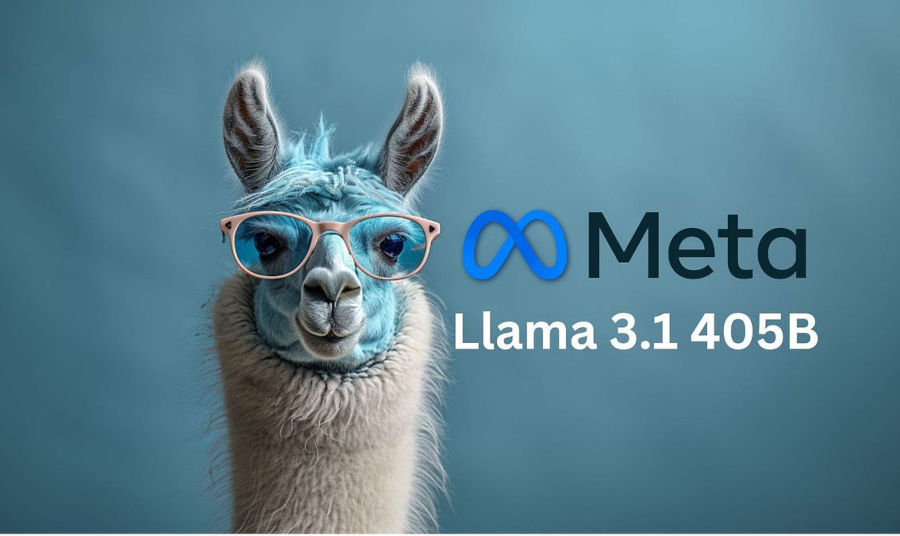



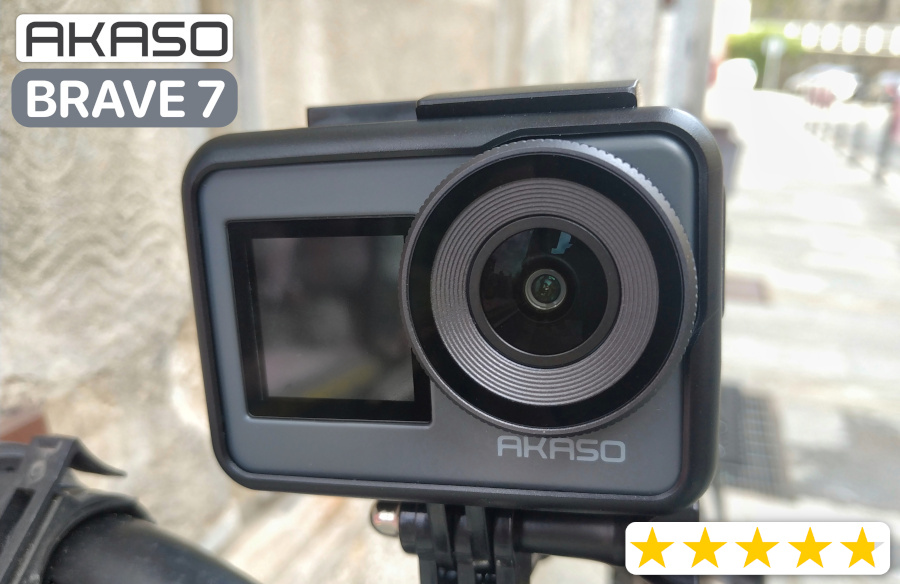
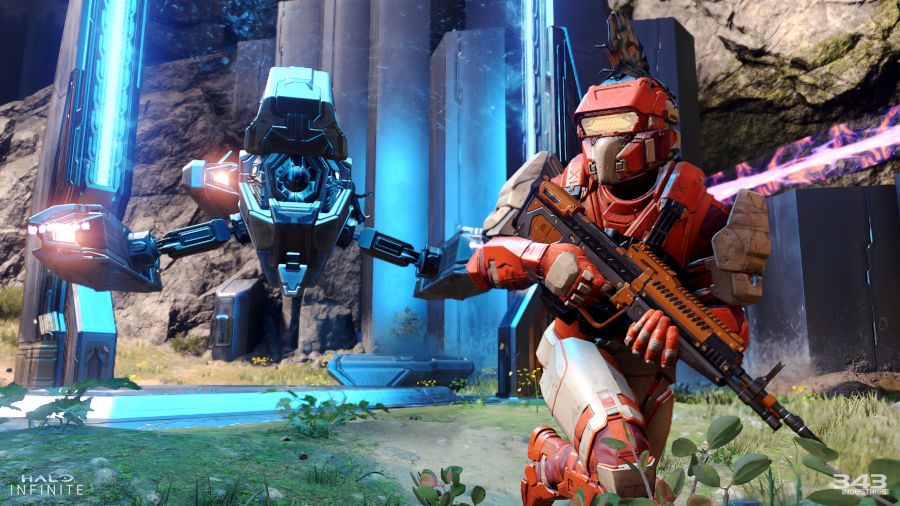
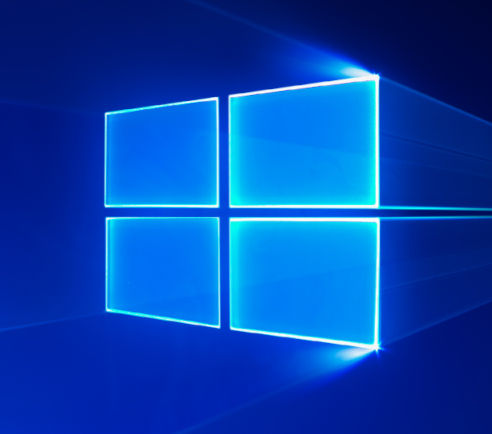

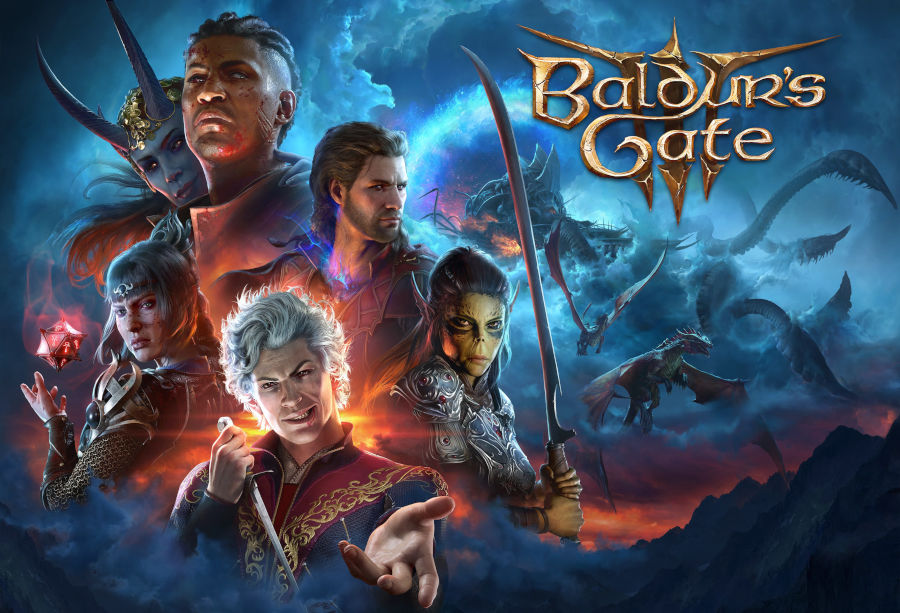
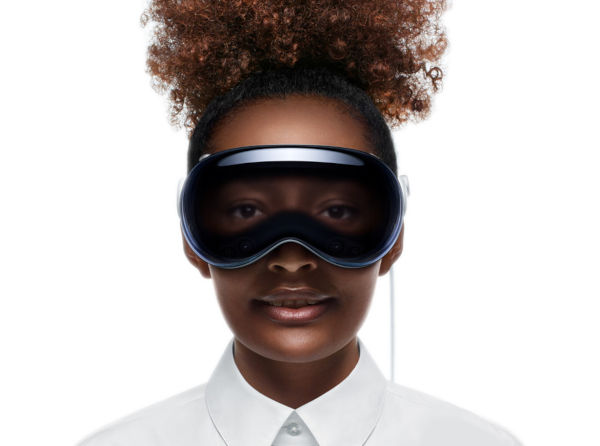




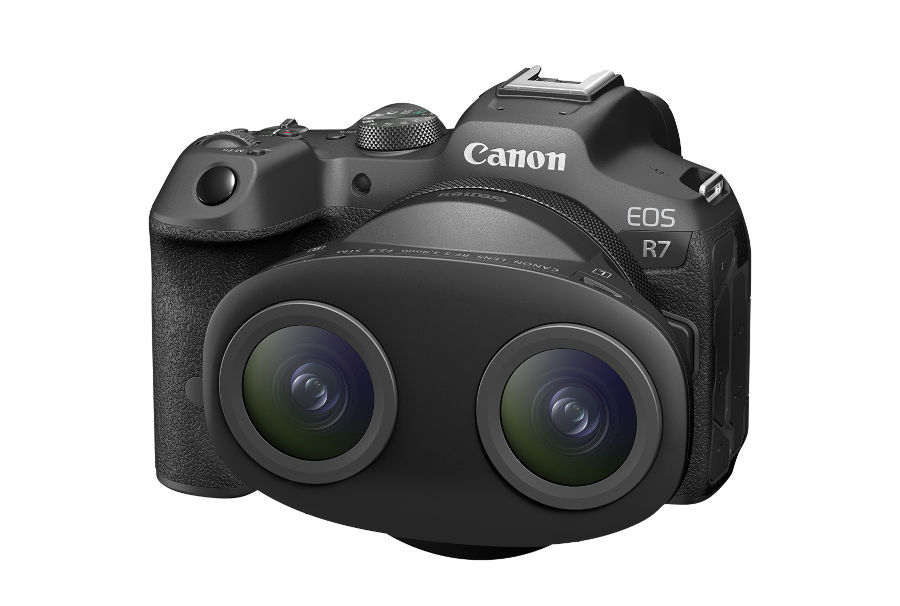
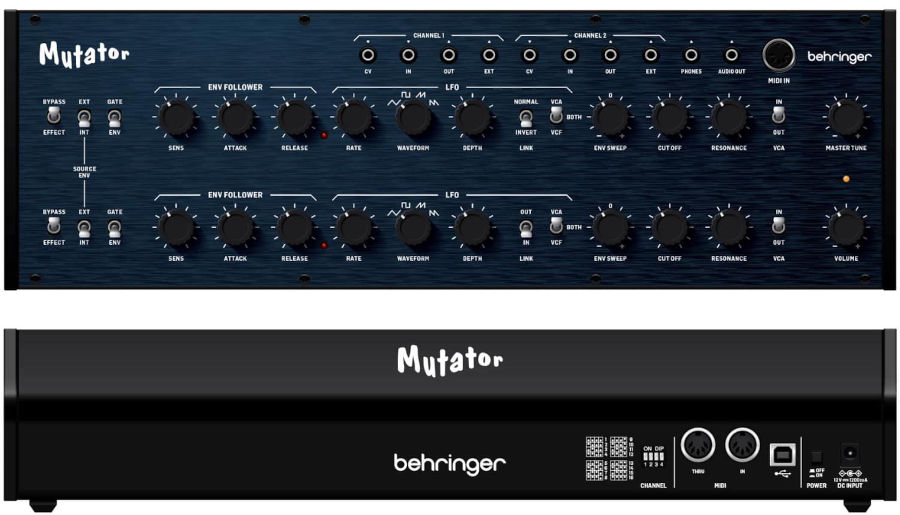




COMMENTS